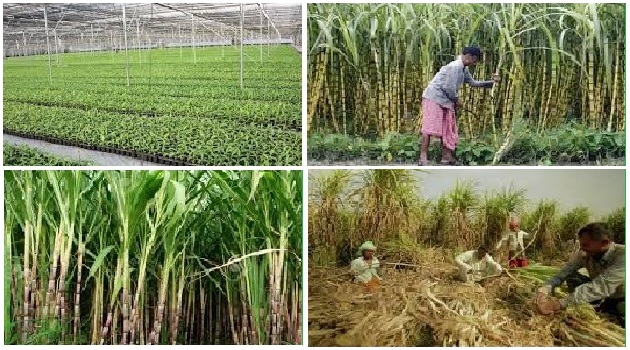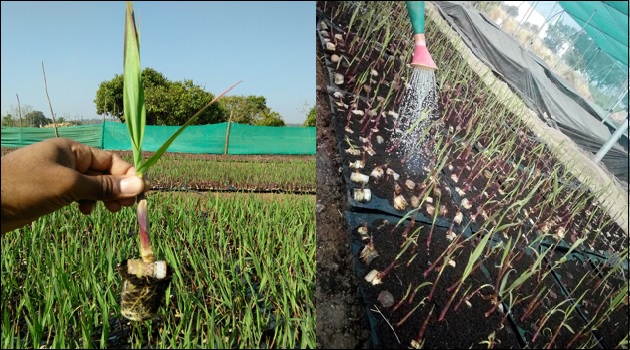Farms
Maharashtra is the second largest sugarcane growing state in the country. It contributed 0.58 million hectares (13.53 per cent) to total area and 45.78 million tonnes (15.06 per cent) to total production of sugarcane in the country in TE 2002-2003 (GOI 2005). The potential of Maharashtra has been shown by the steady growth in area and production over the years.

Sugarcane is also the second most important cash crop covering less than three per cent of the total cropped area of the state but it utilizes more than 60 per cent of the total water available for irrigation in the state. This has already exerted a considerable strain on the limited water resources of the state2.

The demand of water for sugarcane irrigation has led to an increase in number of wells and had resulted into the decrease of water table by more than four meters over the past decade in several areas in the districts of Dhule, Jalgaon, Ahmednagar and Aurangabad.
Organic agriculture is a holistic production management system which promotes and enhances agro-ecosystem health, including biodiversity, biological cycles, and soil biological activity. It emphasizes the use of management practices in preference to the use of off-farm inputs, taking into account that regional conditions require locally adapted systems. This is accomplished by using, where possible, agronomic, biological and mechanical methods, as opposed to using synthetic materials, to fulfill any specific function within the system.
